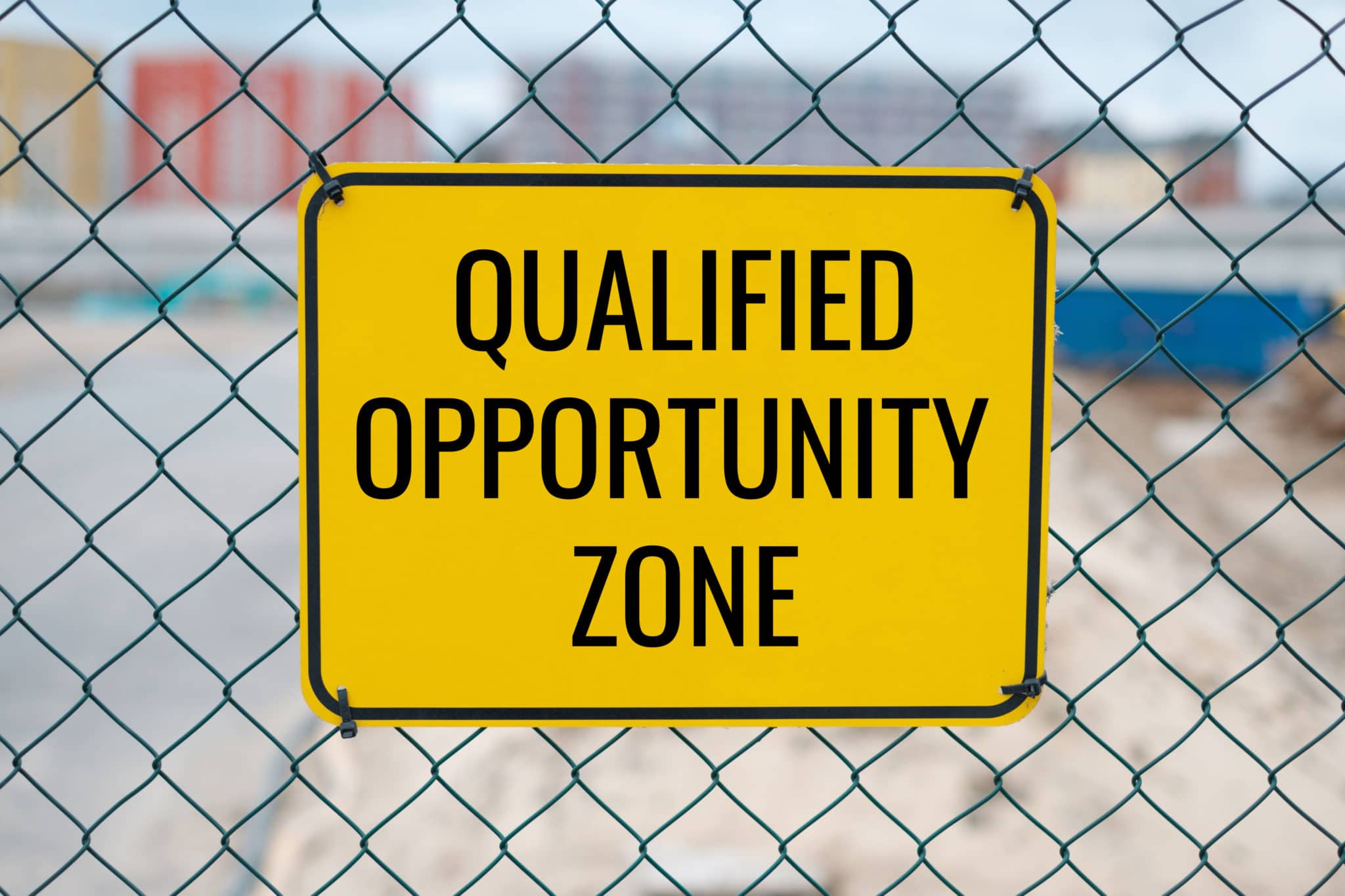The federal government created qualified opportunity zones (QOZs) in 2017 under the Tax Cuts and Jobs Act. By providing valuable tax incentives for investors in QOZs, the government seeks “to spur economic development and job creation in distressed communities,” according to the IRS.
Some of the jobs created will be in construction, as investors develop properties within a QOZ and building projects come online. Recently, the federal government extended an important deadline related to QOZs.
Pandemic’s impact
Significant tax breaks are available to investors who realize capital gains on the sale of real estate or other assets and reinvest the proceeds in a QOZ through a qualified opportunity fund (QOF). These funds allow investors who have realized capital gains on other assets to reinvest the proceeds in a QOF and defer tax on those gains until the end of 2026 or the date they sell their QOF investments, whichever comes first.
Ordinarily, investors must place the proceeds in a QOF within 180 days after the sale. Unfortunately, for many investors who recognized gains in late 2019 and early 2020, the COVID-19 pandemic’s impact on the economy made it difficult to meet this requirement.
To provide some relief, the IRS extended the deadline. Investors otherwise eligible to reinvest capital gains in a QOF now have until the end of 2020 to do so, provided the deadline otherwise would have fallen between April 1, 2020, and December 31, 2020.
Project ramifications
The deadline extension may result in new QOZ construction projects. However, be aware that the rules impose tight deadlines on investors, who may in turn put pressure on their contractors to complete projects quickly.
For example, tax breaks may be available for investors in buildings located in a QOZ, provided the buildings:
- Are new or under construction when purchased,
- Have been vacant for an uninterrupted period of five years or more when purchased, or
- Are substantially improved.
A “substantial improvement” is one that more than doubles the building’s adjusted basis (excluding land) within 30 months after it’s acquired.
Due diligence needed
If you’re thinking about submitting a bid on a substantial improvement project in a QOZ, be sure to do your due diligence. Evaluate whether required timelines are realistic, identify potential issues that may delay the project or increase your costs, and be sure appropriate protections are in the contract if your bid is accepted. We can help you assess the financial risks, feel free to contact us today.
© 2020


